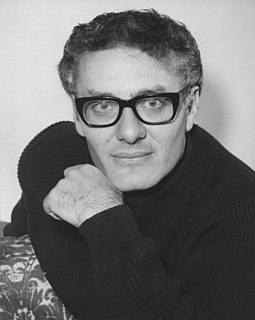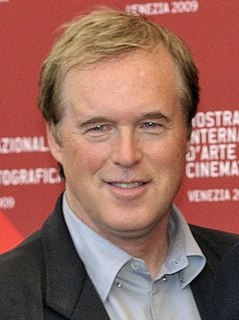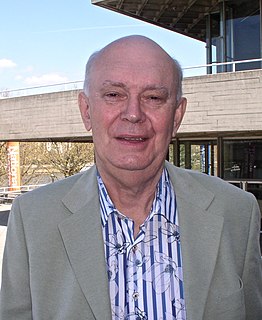A Quote by Thomas Pynchon
It is simply wrong to begin with a theme, symbol or other abstract unifying agent, and then try to force characters and events to conform to it.
Related Quotes
He'll be delivered from madness. What then? He'll feel himself acceptable! What then? Do you think feelings like his can be simply re-attached, like plasters? Stuck on to other objects we select? Look at him! ... My desire might be to make this boy an ardent husband - a caring citizen - a worshipper of abstract and unifying God. My achievement, however, is more likely to make a ghost!
First comes an idea. Then, characters begin to evolve out of the landscape of that idea. And then, finally, characters dominate: plot is simply a function of what these people might do or be. Everything has to flow from their personalities; otherwise it will not be emotionally engaging, or plausible.
As forces of hate in this country and worldwide try to pull Muslims and Christians apart, we are in desperate need of a unifying force that can bridge the widening gap of interfaith misunderstanding and mistrust. That force could be the message of love, peace, and forgiveness taught by Jesus and accepted by followers of both faiths.
Perhaps there is no other knowing than the mere competence of the act. If at the heart of one's being, there is no self to which one ought to be true, then sincerity is simply nerve; it lies in the unabashed vigor of the pretense. But pretense is only pretense when it is assumed that the act is not true to the agent. Find the agent.






































